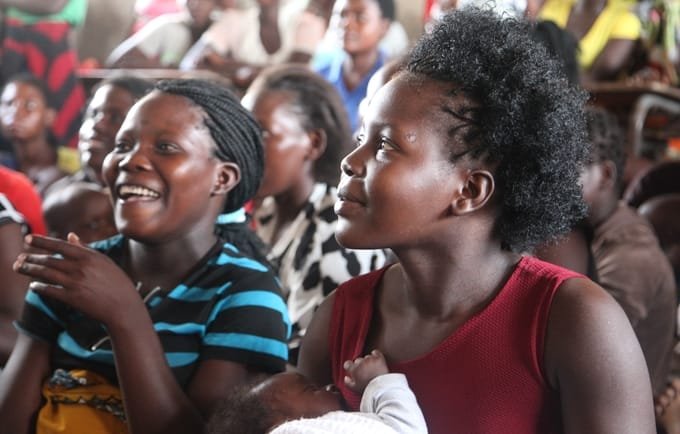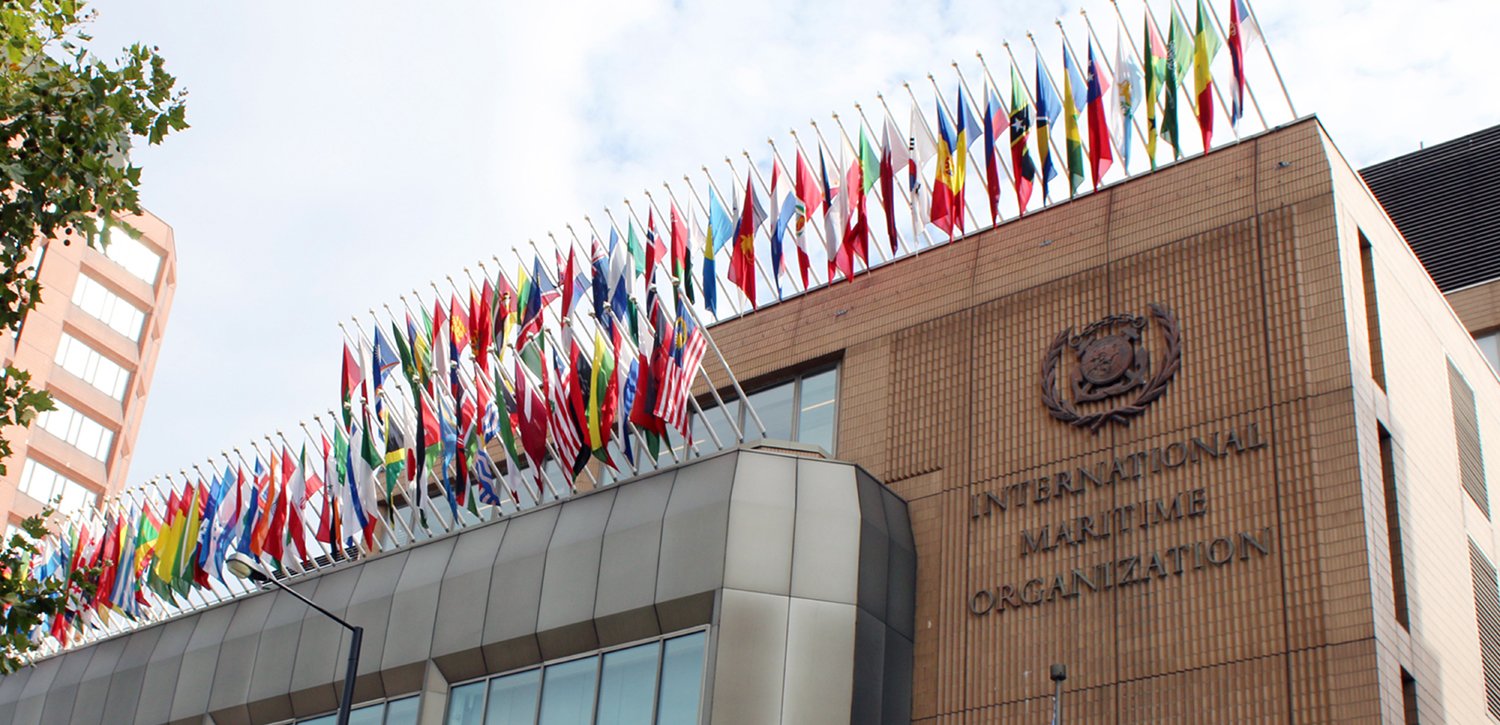By Juliet Jacob Ochenje
The United Kingdom’s Foreign Commonwealth and Development Office (FCDO), in collaboration with the United Nations Children’s Fund (UNICEF), has provided water sanitation and hygiene (WASH) facilities in some schools in Benue State to help girls manage their periods better during school hours.
This was disclosed by UNICEF on Saturday via a twitter post.
The organisation noted that the onset of menstruation means a new phase and new vulnerabilities in the lives of girls at puberty, yet, many adolescent girls face stigma, harassment and social exclusion during menstruation.
Speaking on the intervention, Odeh Blessing Odu, the head teacher of All Saints Primary School Obrike-Ito in Benue State, which is a beneficiary of the intervention, said, ”We are lucky to have our school sanitary facility in good condition despite the large population in the school. Some schools lack water and safe places to change and dispose of their pads.”
With UNICEF, United Kingdom’s Foreign Common Wealth and Development Office (FCDO) and government of Benue state’s support, the water sanitation and hygiene (WASH) facilities in our school was constructed. We also have soap to wash our hands at critical times,” Odeh said.
Doutimiye, Kiakubu, UNICEF Nigeria WASH Specialist, while commenting on the facilities, said that menstrual health and hygiene interventions fulfil the unmet demand for menstrual hygiene products, protect dignity, build confidence, and strengthen sexual and reproductive health, particularly among adolescents.
He added that gender inequality, discriminatory social norms, cultural taboos, poverty and lack of basic services like toilets and sanitary products can all cause menstrual health and hygiene needs to go unmet.
”UNICEF is a global leader in menstrual health hygiene activities. Through development and humanitarian programmes, we commit to building programmes that increase confidence, knowledge, and skills and improve access to materials and facilities for adolescent girls to safely manage their menstruation safely and with dignity,” Kiakubu added.



